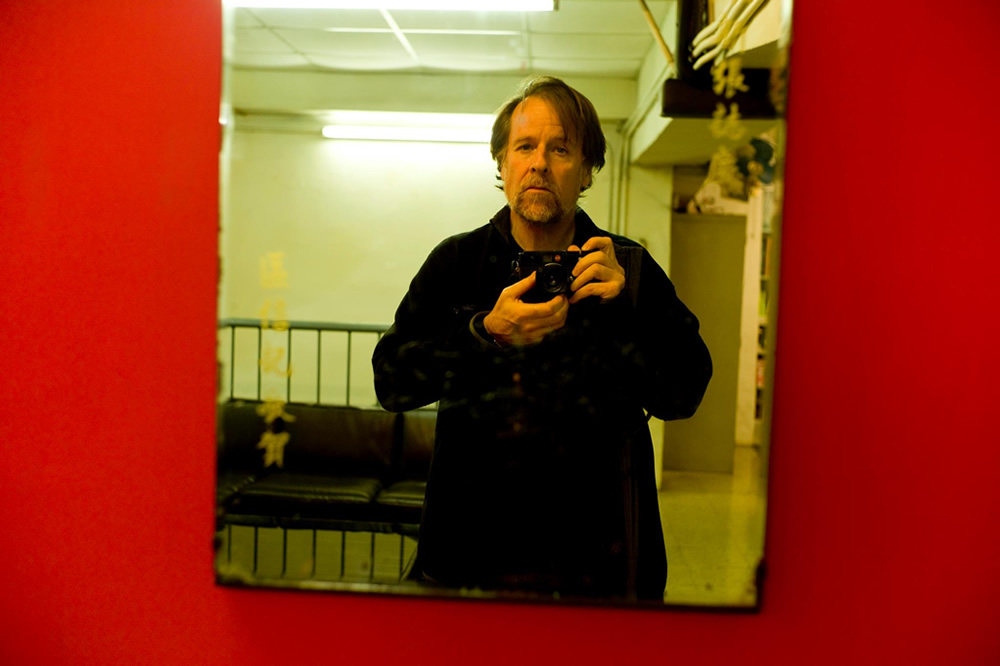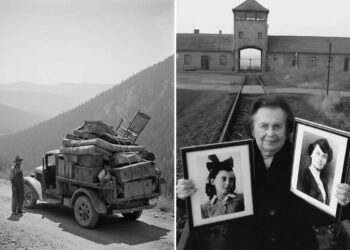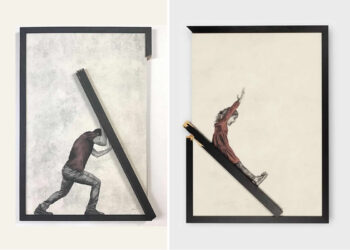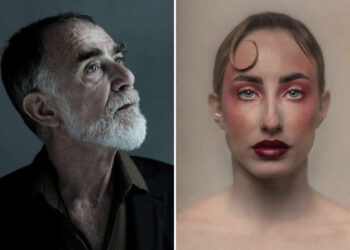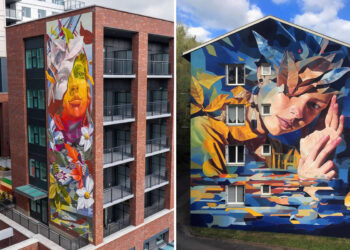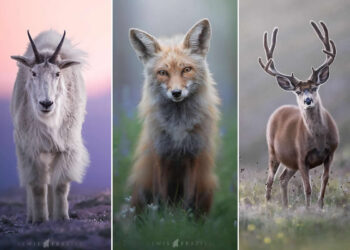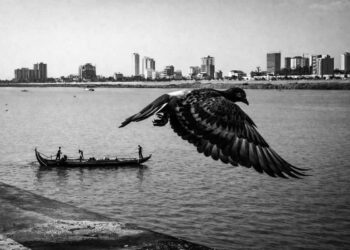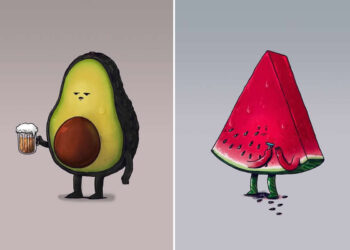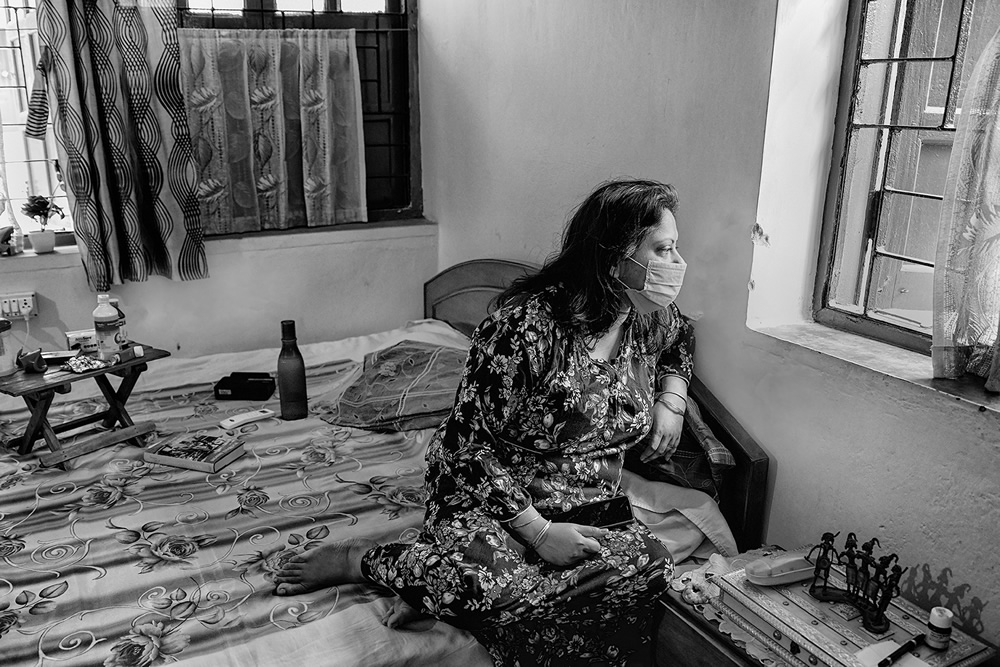Here are 25 inspiring photography quotes from master photographer Alex Webb. Alex Webb is a photographer known for his vibrant and complex color photographs. He has been a member of Magnum Photos since 1979. He’s authored 16 books, including Hot Light/Half-Made Worlds, Under a Grudging Sun and more.
He has exhibited at museums worldwide, including the Whitney Museum of Art, NYC, the Metropolitan Museum, NYC, and the High Museum of Art in Atlanta, Georgia. He was awarded a Guggenheim Fellowship in 2007. He has contributed to Geo, Time, National Geographic, and The New York Times Magazine among others.
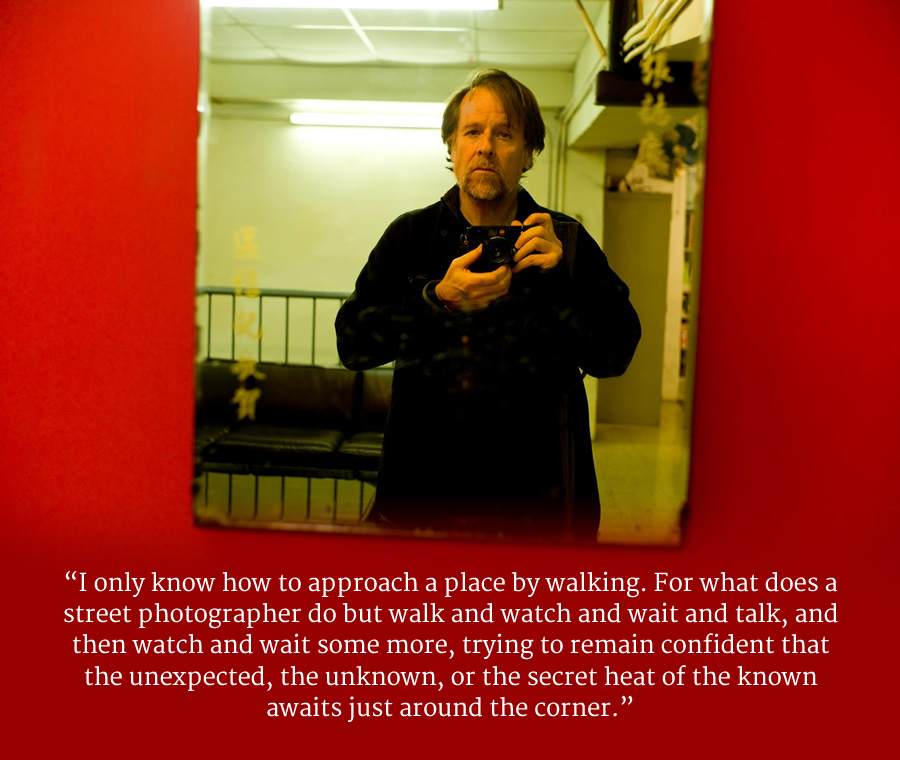
“Photograph because you love doing it, because you absolutely have to do it, because the chief reward is going to be the process of doing it. Other rewards – recognition, financial remuneration – come to so few and are so fleeting…Take photography on as a passion, not a career.”
“Color is very much about atmosphere and emotion and the feel of a place.”
“Ultimately, the reward is the process – the process of photographing and discovering and trying to understand why and what am I photographing.”
“To a certain extent what I do is play with the world, but it’s disciplined play.”
“I only know how to approach a place by walking. For what does a street photographer do but walk and watch and wait and talk, and then watch and wait some more, trying to remain confident that the unexpected, the unknown, or the secret heat of the known awaits just around the corner.”
“I’m always playing along that line: adding something more, yet keeping it sort of chaos.”
“There is something about the light, the heat (physical and perhaps metaphysical), the vibrancy of street life, and the rawness and disjointedness of much of the tropical world that has moved and disturbed me – in places where the indigenous culture is often transformed by an external northern culture (sometimes my own… I suspect that one has a few serious creative obsessions in life. I certainly cannot seem to escape this one.”
“The viewer is yet another eye that is part of the compact that makes a photograph what it is.”
“Most of my projects seem to start as exploratory journeys with no visible end in sight.”
“Traditional photojournalists arrive with an idea of what they are going to produce or what the editor wants. I approach a subject very much as a street photographer and a wanderer, without preconceptions. I try to leave it extremely intuitive and exploratory.”
“I mean its an obsession, you follow the obsession but at the same time you have so many doubts, you know. Why am I wasting so much money going back to this place, taking more pictures? What’s the point of it? No one cares about it. I think I care about it but maybe I am deceiving myself.”
“My understanding – of course, I’m not a philosopher or a scientist – of an aspect of Goethe’s theory of color is that he felt that color came out of tension between light and dark. I think that is very appropriate when you think about the kind of color that I shoot.”
“It’s not just that that and that exists. It’s that that, that, that, and that all exist in the same frame. I’m always looking for something more. You take in too much; perhaps it becomes total chaos. I’m always playing along that line: adding something more, yet keeping it sort of chaos.”
“… the possibility of one particular photographer’s pictures lying around the corner is never realized until the photographer is there. It’s one of the enigmas of photography.”
“Running through a lot of traditional photojournalism there is an overwhelming sense of… pictures that say something, that define something. I’m not trying to define things. I’m trying to explore things. I’m trying to ask questions.”
“I have always felt that a lot of the most interesting work, not just mine but other people’s, falls into [the] nether area, somewhere between the worlds of documentary and photojournalism (two very vague words) and the world of art. I think a lot of street photography falls into this nether area.”
“Three years after my first trip to Haiti, I realized there was another emotional note that had to be reckoned with: the intense, vibrant color of these worlds. Searing light and intense color seemed somehow embedded in the cultures that I had begun working in, so utterly different from the gray-brown reticence of my New England background. Since then, I have worked predominantly in color.”
“Whether I’m photographing near or far from where I live, I try to embrace a sense of discovery.”
“I feel the space, the light, the colour, the form and the scene simultaneously. I’m not thinking, I’m sensing the street… I’m intrigued with the emotional and sensory tenor of these elements.”
“I work extremely intuitively. I wander, I respond. Am I aware of certain elements rationally at times? Sure. But I think that often when I am more aware of them, it usually means that the picture falls flat.”
“I couldn’t work without the world, but I always have a very specific way of seeing it.”
“Sometimes not taking a photograph can be as problematic as taking one.”
“One of the first times I went to Paris as a photographer, I just looked around and I looked over there and I saw that there is Doisneau, there is Brassaï, there is Kertész, and there is Cartier-Bresson. I just thought, “What am I going to do with my camera?”
“When you hit that wall of utter frustration while photographing in the street, when you are beyond tired and just want to give up, keep on walking — for another hour, or until the light goes entirely. Often the best photographs come when you least expect them — when you are the most exhausted, and the most emotionally vulnerable.”
“Street photography is 99.9 percent about failure. So often I feel defeated by the street. I sometimes find, however, that if I keep walking, keep looking, and keep pushing myself, eventually something interesting will happen.”
“Every once in a while, at the end of the day, when I’m most exhausted and hungry, something—a shaft of light, an unexpected gesture, an odd juxtaposition— suddenly reveals a photograph. It’s almost as if I had to go through all those hours of frustration and failure in order to get to the place where I could finally see that singular moment at day’s end.”
You can find more info about Alex Webb on the Web:

